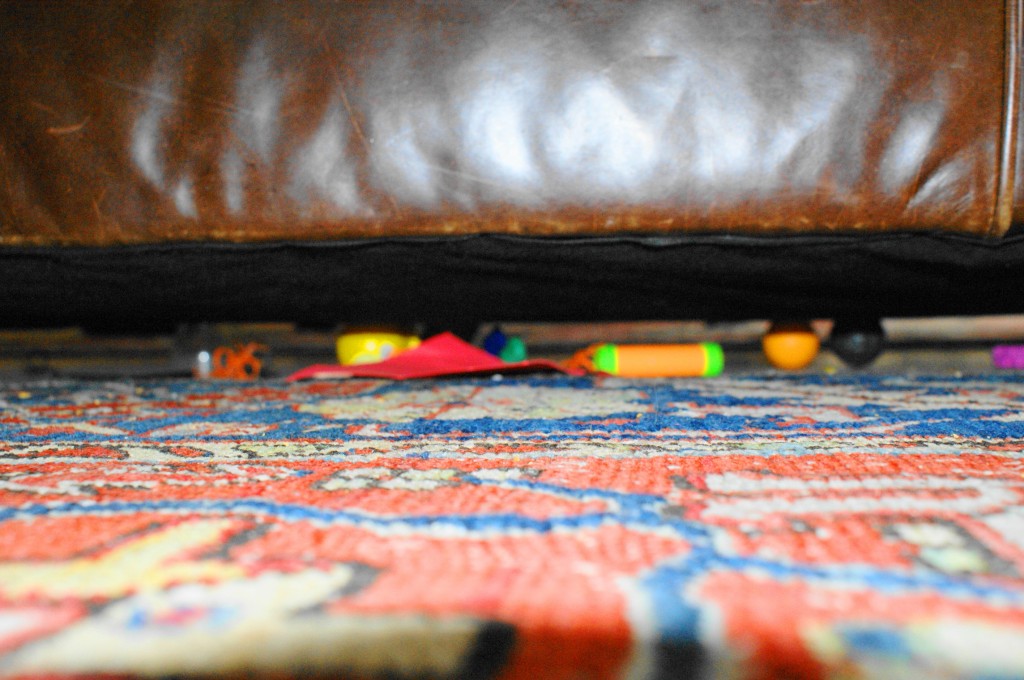maternal part-time hybrid disorder
Wednesday, June 2nd, 2010i think it is very telling that the diagnostic and statistical manual of mental disorders (DSM), the giant tome published by the american psychiatric association to aid mental health professionals in diagnoses and treatments, is revised regularly, in part, to reflect changes in our culture.

in other words, there is an evolving cultural consciousness that helps determine what sorts of behaviors are disordered and what sorts are not. and perhaps, more importantly, sometimes societal norms change to CREATE new disorders.
without further explanation, here is my letter to the american psychiatric association, suggesting that they consider adding a new disorder to the upcoming DSM-V:
dear american psychiatric association,
my name is mary allison, and in many ways, my life is a reflection of today’s motherhood and vocational trends for young(ish) women. i have a hard-earned master’s degree and two long-awaited small children, a part-time job in the world, and a full time job in the home. these conditions have led me to the following pattern of disordered behaviors, called maternal part-time hybrid disorder (M-phD) from here on out. please consider adding M-phD to the DSM-V.
overcommitment: as one who suffers from M-phd, i commit myself to too many work-related projects in order to compensate for my fear that my four-year masters degree and growing passion about my work will forever lie dormant.
self-applied pressure: because my full-time work in the home means that my presence in the working world is abbreviated, i feel that my vocational output must be of exaggerated quality to make up for its lack of quantity.
failure to live in the moment: i have come to measure the worth of my days by the amount of work i have accomplished, which is silly when my days are full of soft, curly, wiggly embraces.
the above behaviours produce an array of symptoms ranging from feelings of inadequacy, guilt, and the permanent “storage” of junk under the couch.
i would greatly appreciate any strides your esteemed association could take in the diagnosis and treatment of M-PhD.
sincerely,
mary allison













